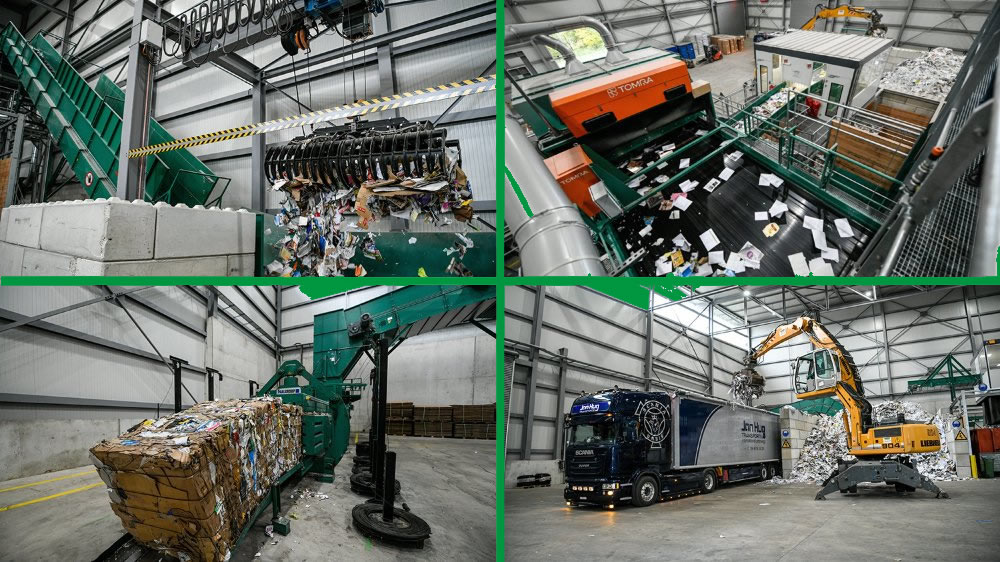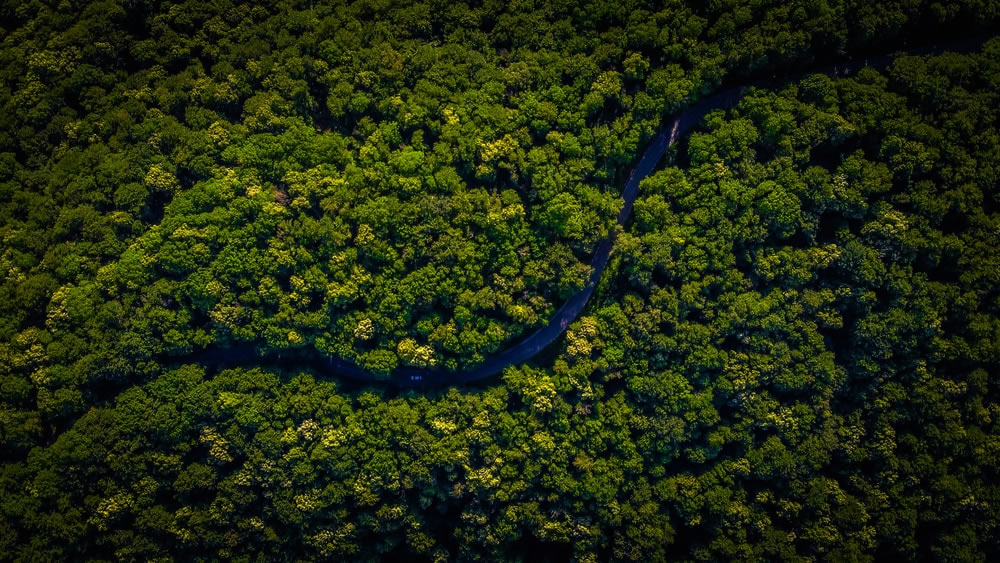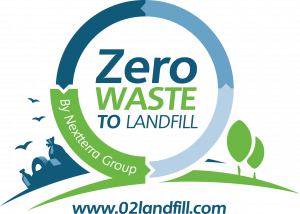NEXT TERRA designs integrative “ZERO TO LANDFILL” factories in terms of converting ultimate residues into useful products , factories which also integrate strategies for generating renewable energy , which are at the very center of its corporate philosophy.
NEXT TERRA has identified unique technologies from companies with a national and global
reach, each one being a leader in sustainable development (cleantech).

All the processes, patented or not, used by NEXT TERRA exist today; as integrators, we will operate them in a fully synergistic manner.
The growth potential is gigantic; in Quebec, for example, 1.25 million tonnes / year of sewage sludge is applied to agricultural land, without much of a prior treatment, and millions of tonnes
of ultimate residues are still buried.
There is therefore a real opportunity to build ± 25 NEXT TERRA integrated complexes in Quebec. In addition, we can excavate old landfills, recycle and valorize their contents, which in itself opens up a whole new interesting market on its own.
OUR MISSION
REDEFINE THE DISPOSAL METHODS OF SO CALLED “WASTE”

NEXT TERRA GROUP (NEXT TERRA) elevates the “ZERO-TO-LANDFILL” concept by promoting innovative ecological infrastructure projects, incorporating brilliant creations developed by its own engineering / scientific staff and those of its partners.
NEXT TERRA plans to develop, in public-private partnership (if desired) and following a “build -operate -transfer” (BOOT) model or a sale of a facility assorted with an operations contract, corporations that will bring together a municipal entity (or one or more MRCs) and corporate entities, each being an expert in their field. NEXT TERRA aspires to design, finance, build and operate a network of ultimate waste and sludge conversion plants, which include :
- Valorization of ultimatewaste
- Valorization of wastewater sludge
- Fabrication of precast concrete products( by partners)
- Construction of concrete homes or homeless shelters (if desired)

These factories, which stand as a replacement model for landfill sites, are intended to be a perfect complement to the curbside recycling programs put forward by the municipalities and MRCs in Quebec and Ontario.
COMPLEMENTARY
SOLUTIONS TO TRANSFER CENTERS

A section comprising the reception and sorting of the mixed waste received by rotary screen, the forwarding of the desired “final residues” to a shredder, the forwarding of the shredded material to a mill which reduces the particles to ± 2-3 mm, the forwarding of ground particles to a mixer where additives are incorporated to produce a completely innovative aggregate; these functions are an integral part of the “cold mineralization” process.
A section where the previously prepared aggregate will be mixed with Portland cement and admixtures. The finished product will then be used in molds or presses that will fabricate prestressed concrete products; this function would be performed by a partnering contractor;
A section, similar to the one that receives the ultimate waste, but which is adapted to receive sewage/septage sludge and which will convert it into high quality fertilizing material. The digestate from an anaerobic digestion section (see item 4) could be mixed with it, once the sludge has been treated.
A section where we’ll receive organic waste that will become the inputs of a anaerobic digestion system, which system will produce biogas, which will then be purified before being sold (in QC) or used as fuel for an engine that will produce our own electricity (± 1 MW).
ZERO-TO-LANDFILL BEnefits
A “MUST” FOR MUNICIPALITIES

NEXT TERRA GROUP holds the rights to market and operate proven technologies already in operation and funded elsewhere. NEXT TERRA GROUP offers public entities an opportunity :
• To analyze and evaluate the best available technologies for the disposal of ultimate tailings in order to minimize their costs and instead justify profits. The plants are designed considering the quantity and composition of “garbage” generated within their territories.
• To join a team that will conduct the due diligence exercise and the economic analysis of each of the projects.
• To be supported in the management of their waste management licenses.
• To benefit from an optimal factory design, incorporating the best technologies to manage incoming waste and usable outgoing products.
• To leave to experienced professionals the task to build, manage and operate plants and to ensure the direction and co-supervision of projects, jointly with its own officials.
• To have access to financing, if required, to buy back the project(s) upon the transfer phase.
Societal Benefits

• Creation of 50 + jobs during the construction phase plus, ± 20 permanent jobs annually over the life cycle of each of the NEXT TERRA-TECH green projects.
• Improving the livelihoods of workers and their families in areas where decentralized NEXT TERRA GROUP facilities will be built; day care centers on site (possibly) to support parents who work at the NEXT TERRA plant.
• Possibility of vocational training and social reintegration for low-skilled workers, as well as the development of a home ownership program for employees.
• A proportional increase in the real estate values of the regions; dead quarters and abandoned land can be brought back to life and rebuilt.
• If necessary, construction of affordable concrete housing or modest shelters for the homeless from the engineered aggregate produced, to help support poverty reduction and municipal housing programs.
Environmental Benefits

• Reuse and conversion of almost 100% of the final waste received, instead of sending it to landfill.
• Efficient conversion site for sewage generated by treatment plants and septage sludge.
• Elimination of odors and noxious leachate associated with the landfilling of several types of ultimate waste.
• Significant levels of methane avoidance generally associated with the decomposition of waste in landfills; creation of green credits – thousands of tonnes of GHGs per installation / per year not released into the atmosphere.
• Decentralized management of ultimate residues, reduction of pollution, thanks to less transport.
of waste by trucks; decentralized installations are discreet, less intimidating than a huge central plant.
• Potential to build ± 25 installations in the various MRCs and municipalities of Quebec, which would serve almost all the residents of the province, before tackling external markets (Ontario, Canadian provinces, etc.).
Economic Benefits

• Investment opportunity for all stakeholders (municipality, province, federal government, traditional and/or private investors).
• A NEXT TERRA GROUP project that comes to life allows the creation of more sustainable municipalities.
• Climate bonds can be used to raise funds and attract local investors.
• Contracts awarded to local engineering, construction and manufacturing companies, where possible.
• Creation of valuable renewable energy credits (RECs) and/or other CDM incentives (regarding CO2, NOx, SOx reduction and methane avoidance).
• Ability to return decommissioned landfills, wasted or industrial land to a functional vocation.
• Potential savings for a municipality when purchasing pourable concrete (for sidewalks, road bases, etc.) or engineered concrete products (sewer pipes, interceptors, acoustic walls, etc.).
Project Team and Advisors













Made with by S9 Agency.




